With a diplomatic career spanning more than three decades, former US Ambassador to Vietnam Daniel Kritenbrink has dedicated his entire professional life to Asia.
The career diplomat has many accolades to his name, including postings as US Ambassador to Vietnam (2017–2021) and the US State Department’s Assistant Secretary for East Asia and the Pacific (2021–2025) which have seen him interact intimately with the mechanics of both Trump presidencies. His ambassadorship saw him contribute to both countries’ enhanced economic and security cooperation, address legacy war reconciliation issues surrounding Agent Orange and unexploded ordnances – and drop a Vietnamese Tết season’s greetings rap track no less.
Now a Partner at The Asia Group supporting international businesses to succeed in the Northeast Asia and Vietnam markets, the distinguished Asia expert says he’s still flexing his diplomacy muscle – just on different terms.
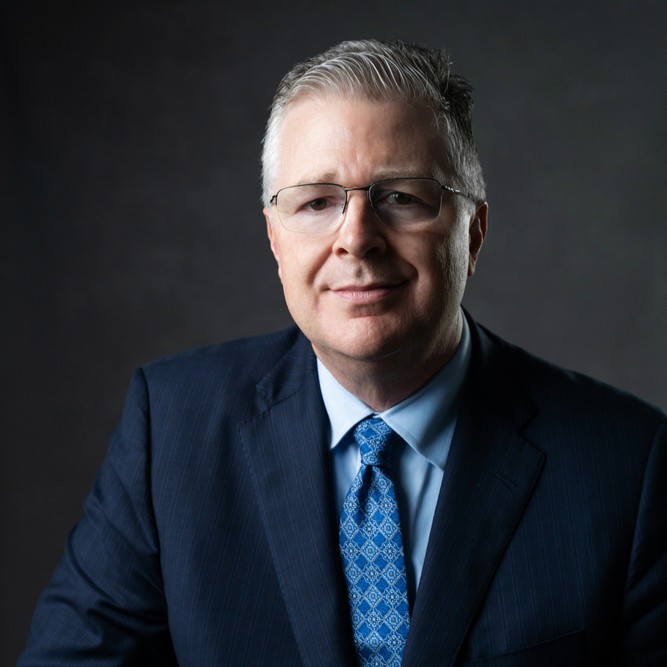
30 Years of US-Vietnam Normalization: Navigating New Territory
Vietnam and the United States of America celebrated 30 years of the normalization of diplomatic relations this month, 50 years after the end of the war in 1975. It’s a storied relationship which the Vietnamese government has described as having traversed everything from “former foes to friends, partners, and ultimately, comprehensive strategic partners as of 2023.”
Kritenbrink says the transformation of that relationship is a reflection of the concerted trust and mutual respect which has taken three decades to build.
“Reconciliation is only possible if you confront the past with honesty and compassion. The war caused tremendous suffering for people in both our countries. So we’ve made it a priority to address war legacy issues in a way that promotes healing and trust,” Kritenbrink told the Vietnam Innovators podcast.
In this new chapter of partnership, he says both countries are no longer building the relationship, but actively shaping the outcomes they want.
“We’ve already built a strong foundation – diplomatic ties, trade flows, military cooperation and cultural exchanges. Now we’re shaping the direction of where it goes, and we’re making choices together.”
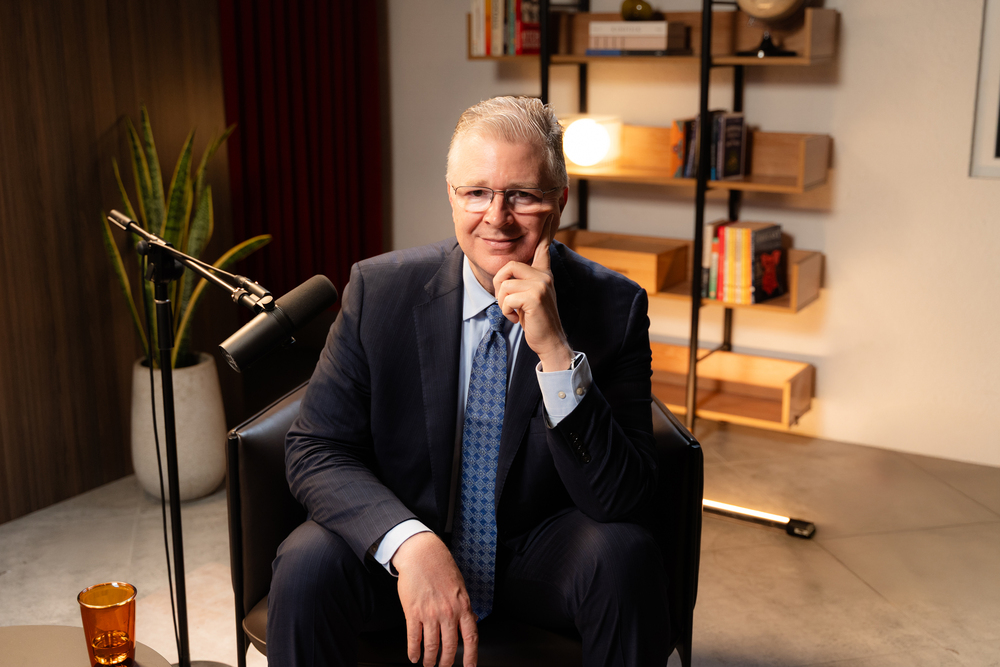
He acknowledges the turbulence of this year’s ongoing “Liberation Day” tariff saga, and the most recent July 2 deal which has allegedly cut the initial 46 per cent rate down to 20 per cent on goods imported into the US from Vietnam.
“In classic Vietnamese fashion, the leadership and diplomats decided to engage aggressively and to bank their success on the idea of a first-mover advantage,” he says.
“I think the Trump administration was trying to signal that was the case. And I have to say, I think the Vietnamese may have engaged Washington as successfully – if not more – than anyone else.”
Still: the deal is not done, and the former Ambassador emphasizes the importance of the relative tariff rate on business certainty.
“Vietnamese and American companies feel strongly about this. When you’ve invested billions in Vietnam, especially for export purposes, the relative tariff rate is existential. It affects entire supply chains, even the viability of a business.”
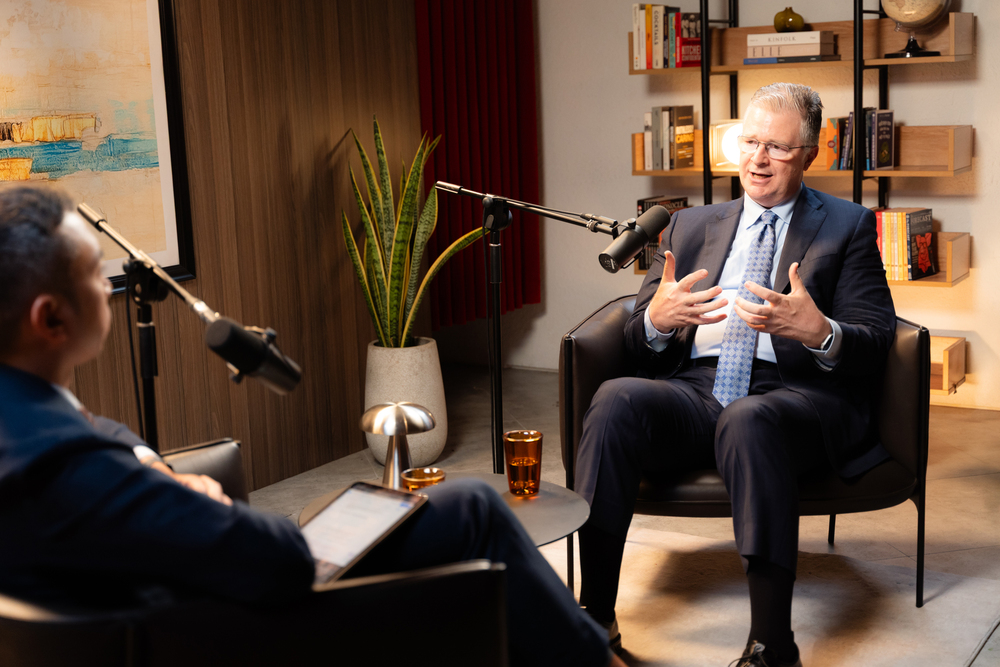
Vietnam In Asia: The Diversification Strategy
In his new capacity as Partner at The Asia Group, Kritenbrink says a growing number of the consultancy’s Asian clientele are seeking business advice on how to succeed in Asia – and Vietnam.
“Increasingly we find a number of Korea’s leading companies are working with us to invest elsewhere in Asia. I don’t need to tell you or anybody else how important Vietnam is to South Korea,” he says.
Kritenbrink says that bullish view of Vietnam is shared by investors in Asia and the US alike.
“We fundamentally believe that the future of the 21st century is going to be written right here in Asia and that America’s security and prosperity depends on what happens in Asia, including right here in Vietnam. We need to be a part of that, and we intend to do so.”
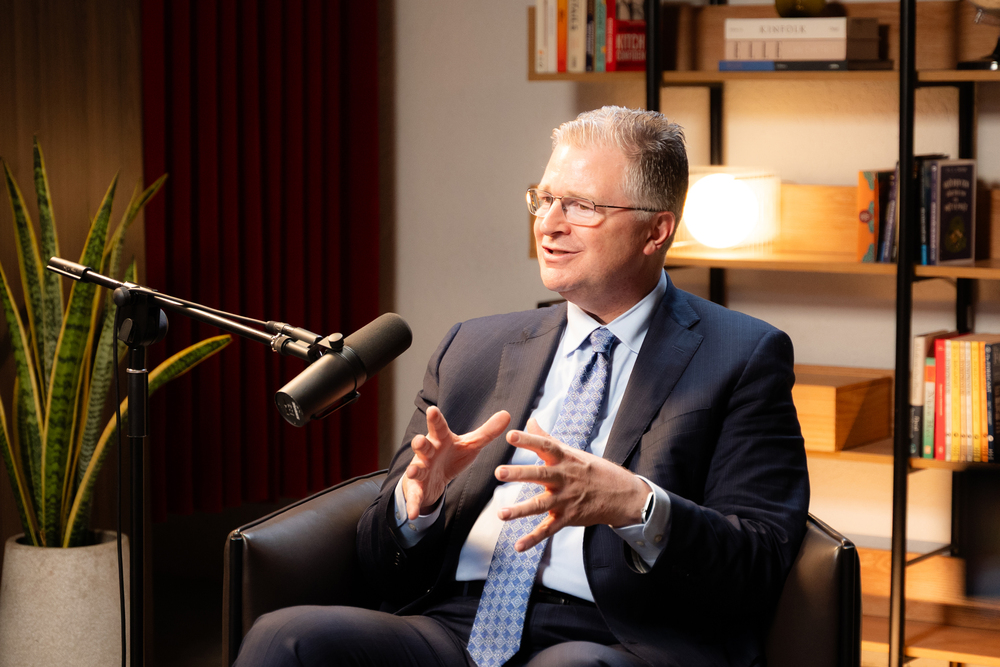
Not The Next Singapore: Just Vietnam
Asked whether speculations of Vietnam as “the next Singapore” were fair or unfounded, Kritenbrink resisted the label and insisted the country defined its own niche by adapting success stories from abroad for its own local context.
“There’s a lot to learn from Singapore, a lot to like. But I’d be reluctant to hop on that bandwagon and instead pitch it as how Vietnam can be its best self – the best Vietnam that it can be, with all the attributes that it has.”
He suggested Vietnam’s young and rapidly developing economy, paired with ambitious local talent and a strategically focused political leadership committed to the private sector were winning confidence factors for foreign investors watching from afar. At the same time, he noted slow reform agendas and project approval processes for resolving the country’s growing energy demands were blockers to growth.
“The things I worry about as a friend of Vietnam is how you’re going to solve your energy challenge. To keep this amazing story going and the Vietnamese economic miracle going, Vietnam has to meet its energy demands,” he shares.
“There’s been talk about this for the last couple of decades and probably not as much progress as needs to be made.”
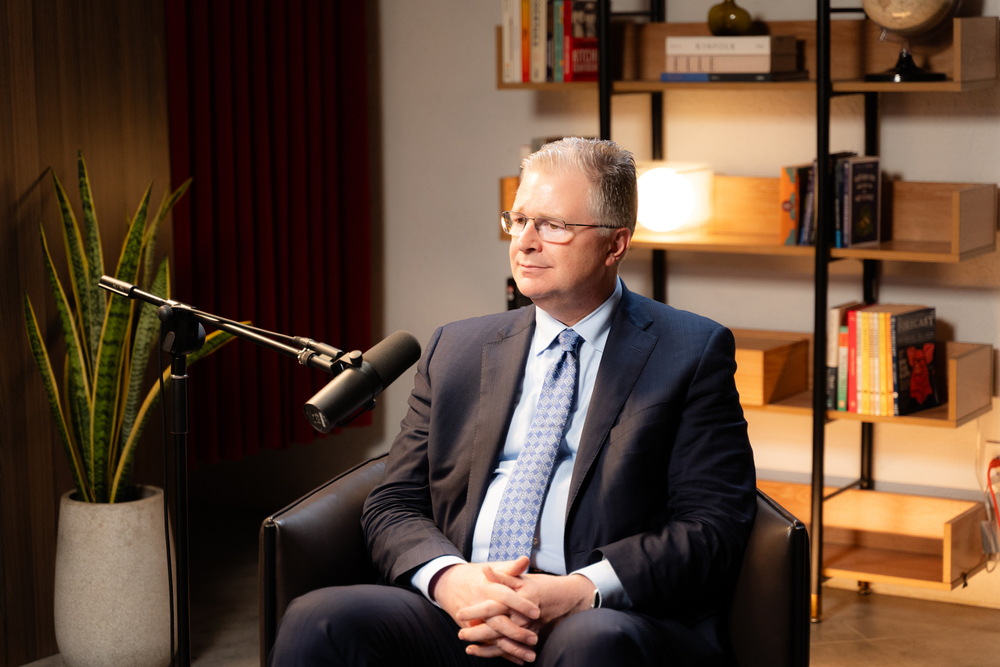
Reading The Tea Leaves: Vietnam’s Next Decade
Kritenbrink suggests Vietnam is in a great position to shape its future on the global stage. He takes a shot at forecasting the next decade of Vietnam’s story, expressing hopes for a US-Vietnam relationship which will be marked by productive tension and growth.
“I hope we’ll be talking about how we succeeded in managing the current trade friction – how we found a way through and strengthened the relationship even further.”
“I also hope we’ll be talking about Vietnam’s continued rise, and how it’s become an even more important economic and strategic player in the region.”
